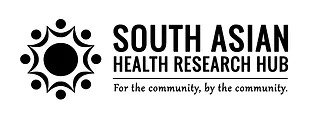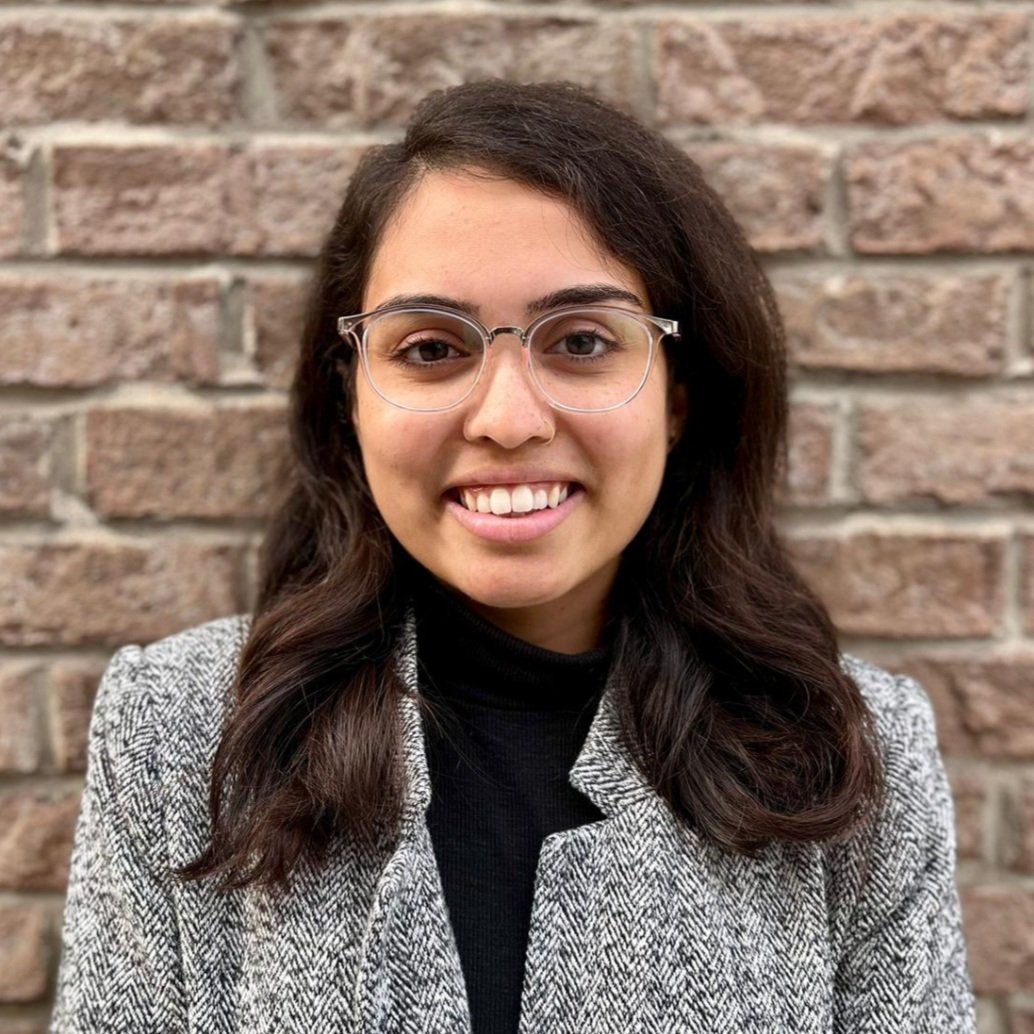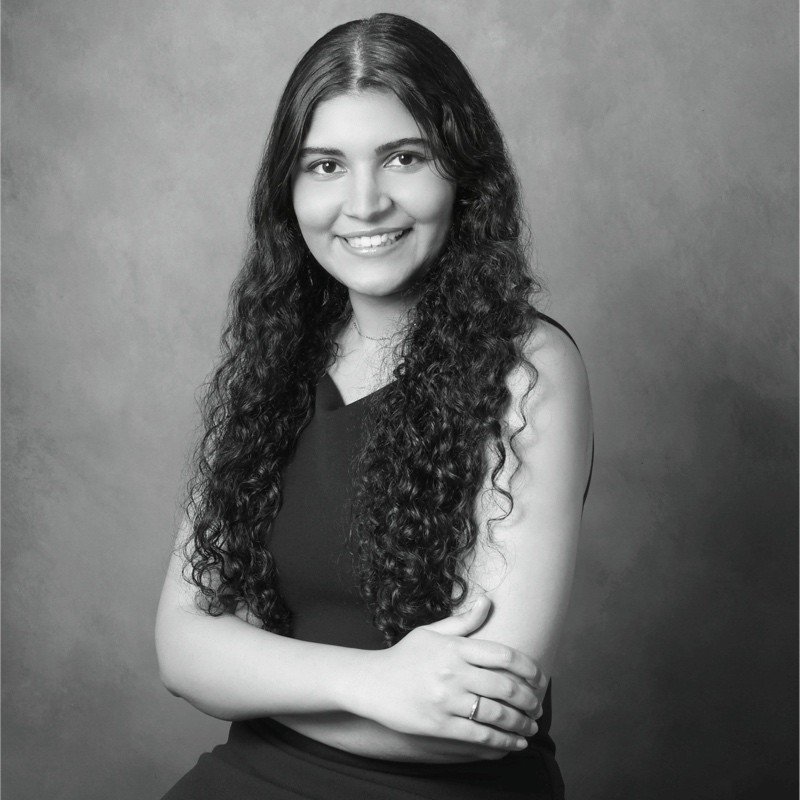
Our Team
Dr. Ananya Banerjee is a South Asian Assistant Professor in Public Health at McGill University and the University of Toronto. She recently joined the advisory board for the Lancet GRacE taskforce to address racial inequalities both in the content they publish, and the everyday environment editors operate in. She conducts community-based participatory research (CBPR), which is grounded in collaboration and partnership with racialized communities and knowledge users funded by SSHRC, PHAC, CIHR. She also brings expertise in qualitative research, health promotion, health equity and intersectionality. Dr. Banerjee has been a prominent voice in Canadian media advocating for equitable research and working with the South Asian Canadian community (Montreal Research Group Addressing South Asian Health Disparities; McGill research group takes steps to get ahead of South Asian health inequities in Canada). She has additionally published commentaries in the Lancet with her colleagues engaging in critical discussion of white supremacy and its effects on racialized communities. Furthermore, she is recognized as a prominent figure capable of unpacking the effects of colonialism on current affairs, ranging from public health curricula to public health funding processes due to her use of critical lenses, such as intersectionality, anti-colonialism, and social justice feminism. She will be responsible for the preparation, conduct, and administration of the research grant, cooperative agreement, training or public service project, and contracts.
Maryam holds a Master’s in Public Health from McGill University. She has experience working in health research projects related to child protection, violence against women, health promotion, South Asian health disparities, and health services for immigrant and refugee communities. As a trainee in these projects, she has worked on cross-sectional data analysis on the Violence Against Children Survey data set; conducted semi structured qualitative interviews and focus groups with youths and adults in English, French and Urdu; worked with community partners to develop solutions; and co facilitated a workshop series that focused on engaging in dialogue regarding power and privilege within the South Asian diaspora with over 20 attendees across Canada. Considering her previous experience working in a range of health research projects and her passion in action driven health research, Maryam will be engaged in this research process by coordinating with community and academic partners, managing the timeline of the project, and learning new skills in mixed methods research.
Dr. Ananya Banerjee
Principal Investigator
Maryam Parvez
Project Manager
We are thankful to everyone who has been involved with the South Asian Health Research Hub! Sincerest wishes to everyone, including all of the students and alumni who have contributed to the South Asian Health Research Hub!
Our sincerest wishes for all the individuals and organizations that have worked and collaborated with us in the past. We are very grateful for all your efforts and wish you the best in all your future endeavours: Shudipta Shabnam Islam, Amina Khan, Umayangga Yogalingam, Nousin Hussain, Evelyn Ascencio, Antu Hossain, Harsh Naik, Avantika Mathur-Balendra, Marlon Teekah, Anisha Mahajan, Nazima Quereshi, Shindujan Yograthman, Mehathie Sivakumaran, Lalitha Bhagavatheeswaran, Loji Umaharan, Mireille Landry, Maha Zawi, Debbie Childerhose, Neil Stephens, Ammara Shafique, Amina Bhardwaj, Munira Abdulwasi.
Palak Desai
Research Assistant
Inaara is a MScPH Candidate at McGill University’s Department of Epidemiology, Biostatistics, and Occupational Health. She completed her Bachelor’s of Science from Simon Fraser University (SFU) and graduated with Honours with Distinction. She majored in Health Sciences and wrote an undergraduate thesis exploring mental health help-seeking behaviours in post-secondary students and the impact of gender. This experience solidified her interest in supporting research exploring health inequities and understanding the intersections of complex social, cultural, political, and economic factors that influence health outcomes of vulnerable populations to serve them more effectively. She worked as a Research Assistant at the Centre for Accessible Learning at SFU, where she collaborated with subject matter experts to construct annual and post-appointment surveys enabling the centre to assess and improve the delivery of their services. Inaara served as the Program Manager of the Ismaili Volunteer Corps; this role provided her the opportunity to collaborate with volunteers from diverse racial and ethnic backgrounds as well as work in partnership with external communities supporting vulnerable populations. She will assist various aspects of the project, utilizing her skills and experience collaborating with stakeholders, conducting interviews and focus groups, and thematic analysis.
Inaara Ismail
Research Assistant
Anglena Sarwar is an MScPH Candidate at McGill University. Her dedication to social justice advocacy has been a consistent theme throughout her academic and professional journey. Anglena’s involvement with non profit and grassroots organizations demonstrates her deep rooted commitment to promoting equity and applying an intersectional lens to the health experiences of diverse and underserved communities. Anglena’s past research with the Maternal-Infant Research on Environmental Chemicals (MIREC) on improving the participation and engagement of racialized populations in health research studies has proved her ability to work collaboratively with community stakeholders and navigate the intricacies of community-based research. Her contributions will not only strengthen the project's research methodologies but will also ensure meaningful and ongoing engagement from the South Asian community.
Mahak Arora
Research Assistant
Tarini Jayaprakash is an MSc Public Health candidate at McGill University, specializing in Global Health. She holds a Bachelor of Health Science (Honors) in Biomedical Science from Carleton University. Tarini has demonstrated a strong commitment to addressing public health challenges through her research and advocacy work, particularly in the areas of child malnutrition, health policy, and community engagement. As a Research Associate at the South Asian Health Research Hub, she contributes to projects aimed at reducing health inequities in South Asian communities in Canada. Tarini has also led initiatives such as a charity-based project to combat child malnutrition in Tamil Nadu, India, and has presented her findings at the Canadian Association of Global Health conference. With experience in mentoring students and coordinating community programs, she is passionate about fostering academic and professional growth while advocating for equitable health solutions.
Anglena Sarwar
Research Assistant
Mahak is an MSc. Public Health candidate at McGill University. She completed her Bachelor's of Science degree from the University of British Columbia (UBC). She has consistently demonstrated her commitement to improving healthcare experiences for diverse community members through her involvement with the long term care facility at the UBC Hospital and working for fundraising for the Montreal's Children Hospital. She is currently a research assistant at the south asian health research hub at McGill University where she supports projects that explore the health inequities in South Asian communities and Canada. Through her work, she has developed a critical lens to examine the experiences of racialised and culturally diverse people in Canada while also strenghtening her community enagement skills. She also has experience in mentoring undergraduate students to help them naviagte and excel in their academic and co-curricular life at university and would play a key role in orientation and mentorship of students.
Tarini Jayaprakash
Research Assistant
Palak Desai holds a masters of science in Public Health from McGill University. During her practicum, she lead a qualitative study on experiences of belonging and safety for queer South Asians in the diaspora in Canada. This exemplifies her ability to create safe spaces through active listening and affirmation for marginalized folks, especially youth. She will bring to the project a critical lens that examines historical, sociocultural, and political systems that impact sexual and gender minoritized communities. Through her experiences in developing a peer mentorship program at her graduate department, she is well suited to guide incoming research assistants.








